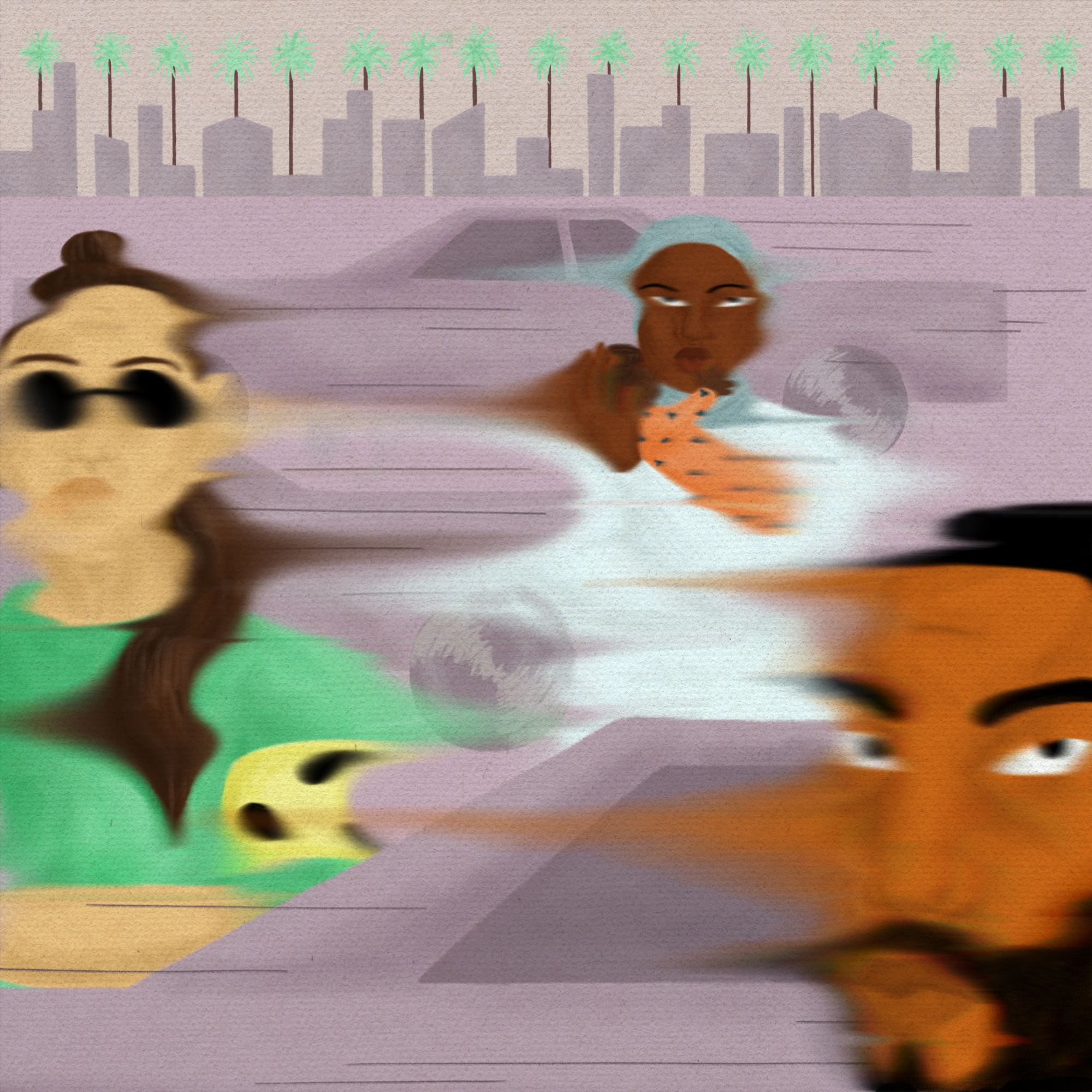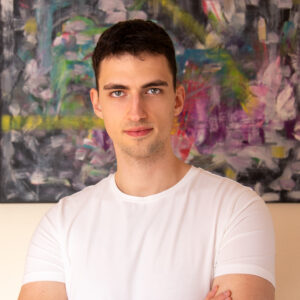
Postcolonialism and a Critique of Humanism
“Humanism” can refer to an era, an intellectual tradition, an educational ideal, a practically-oriented philosophy or a political stance that is principally based on human rights and calls for humane actions. This extensive spectrum is divided into a theoretical facet and a practical facet. Anyone who speaks about humanism is, on the one hand, saying that humane actions and judgement can be principally guided by reasoning, and, therefore, everyone is equal. Secondly, the practical side of this spectrum denotes the moral demand for humanity. In discussing humanism, one is talking about the dignity of human beings and the moral imperative for humane actions. As much as we can justly perceive these hard-earned principles as standards to be maintained, we, as advocates committed to these universally conceived principles, must equally admit their historically ambivalent and abusive role. The principle of equality for all people and the imperative to act humanely diverge between expectation and reality in endless conflict over the question of what or who actually falls into the category of the human being and the realm of the humane.
European history teaches us that the very people who saw themselves as merciful Christians or enlightened humanists – usually men – did not stop themselves from committing the most atrocious crimes against their fellow human beings. To quote Gerd Stein in his foreword to Ethnoliterarischen Lesebücher, it remains as true as it is painful for us today to “open up old wounds and keep alive the small insight that Europeans are monsters by virtue of their barbaric history”. This small realisation is based on the historical fact of understanding the link between the diverse forms of humanistic thought and colonial practices. It was postcolonial thinkers who were able to turn a small realisation into a big one by completing the critique of humanism, yet without having to forego humanism’s good and sincere core. Instead, as Franz Fanon emphasised in The Wretched of the Earth, the decolonisation of thought must lead to a liberation which creates a new human being and a new personhood. This liberation is only conceivable when the mechanisms of crime between fellow human beings in the global historical context of colonialism are understood, as well as being revealed and fought in the current world order. In the following, some contours for this purpose will be outlined.
I will begin with the core thesis of post- and decolonial theory, namely that the European concept of modernity was established in a dialectical relationship to the non-European. As such, modernity and coloniality were inextricably intertwined. From this follows the insight that European modernity not only produced the birth of humanism, democracy and the Enlightenment, but also that of colonialism and capitalist exploitation. Furthermore, it must be recognised that the necessary connection between these two contradictory outgrowths of modernity is that the demand for equality, dignity and rationality as universal values has not only remained unfulfilled, but is structurally based on the exclusion of the “Other”. Historically, the category of the “Other” has proven itself to be an open place holder, whose construction is required for the legitimisation of the “ideal person”.
As the Argentinian literary scholar Walter D. Mignolo has shown in The Darker Side of the Renaissance, this idea was consolidated in the early 16th century, when European worldviews and knowledge structures were implemented across the globe, which were established on the basis of colonial practices of domination and, with the help of institutions – such as universities, museums, parliaments and churches – and continues to be reproduced through until today. This implementation has its origins in a small, educated elite, namely Christian, literate men, who controlled the “knowledge of the world” and thus laid the foundations for the studia humanitatis, denoting the universal education of the spirit and the heart, to be equated with the idea of a certain kind of human being. In this, there was already the implicit acceptance of differing levels of personhood through the construction of “Race” and the idea of being “civilised”. As European Humanism shaped the universal idea of an “ideal person”, it thereby created an essential theoretical condition for racist and colonial patterns of world order and in doing so simultaneously established the benchmarks as to who can receive the status of a human being and who cannot. Fanon accurately detected this process of disqualification in his analysis of colonialism. This is posited as a systematic negation of the “Other”, to whom every identity and human attribute is denied.
As other postcolonial thinkers have also emphasised, Humanism has never been able to free itself of a fundamental contradiction between universality and particularism. The Humanist universalises by speaking on behalf of “the human being”. Yet, this is always derived from the Humanist’s particular background, and always under the conditions of specific sociocultural influences. He is, therefore, according to the Jamaican writer and philosopher Sylvia Wynter, an ethnoclass man, and as such is embedded in a position of political power and discursive supremacy, which, in the historical development of Europe, equated the “ideal person” with the white, Christian, heterosexual, non-disabled man. This identity only maintains its self-sustaining boundaries through a continuous invocation of its antithesis: the “ideal person” can only exist in the negative sense, meaning through the separation and difference to a respective “Other” who is robbed of their personhood. The domain of the “Other” is thus constructed, degraded and reduced to that of the damned, subaltern, dehumanised and excluded. Historically this domain ranges from Indigenous folks, to people with disabilities and women, to all those who were excluded from the confines of particular societal norms. For centuries, these people received, at least implicitly, the status of Also-Human, which is to say a personhood that is precarious and can be reduced to a Non-Human dependent on the situation and crisis. The contradiction of such a mechanism of anthropological calculation of difference, which Humanism could never entirely free itself from, creates the foundation of a postcolonial critique of Humanism.
This mechanism can clearly be seen in the labeling of Indigenous American folks as “savages”, which formed the basis for the ideological legitimisation of European colonisation. The term “savages” very quickly received a defamatory meaning and was placed in direct contrast to the European. This contrast conceals the dynamics of an abysmal frame of thought, in that it is rooted in Manichaean patterns. This frame of thought can in turn be described by the mechanism that the Italian philosopher Giorgio Agamben calls the anthropological machine. This creates rules for the calculation of difference for each era, which, using exclusion and inclusion, defines how far the category of the Human extends. According to Agamben, since the early modern era there has been a pattern of defining the “Other” which can still be traced today. In this earlier era, those denoted as the “Other” tended to be slaves, Indigenous folks, foreigners or barbarians and were declared Non-Humans, as they were considered animals in human form. Today we can also see how this mechanism works, for example in the use of animal metaphors in the defamation of groups who do not conform to common norms, or for political opponents. Thus, I plead that the traces of the anthropological machine continue to be consistently monitored and criticised in a targeted manner. The following three questions can provide some orientation. Firstly: who holds the power to define the boundaries of the Human? Secondly: how are the notions of the “ideal person” built into current knowledge structures? And thirdly: where is a defined differentiation of the “Other” utilized to consolidate seemingly naturalised ways of being?

